Chlamydia Can Settle in the Intestine
08/23/2024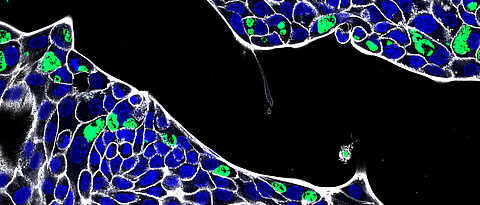
Chlamydiae are sexually transmitted pathogens that can apparently survive in the human gut for a long time. Researchers from Würzburg and Berlin report this in the journal PLOS Pathogens.
more


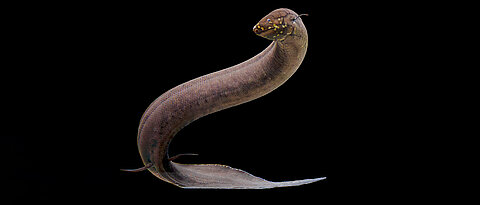
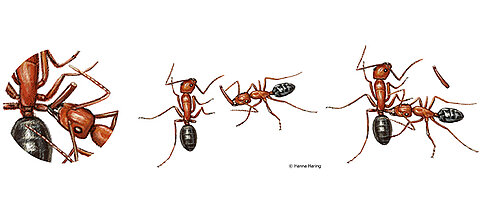
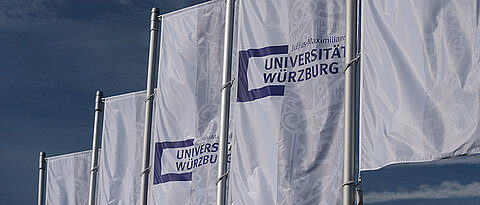


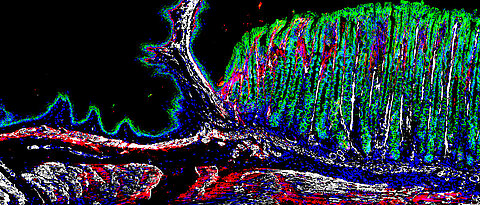
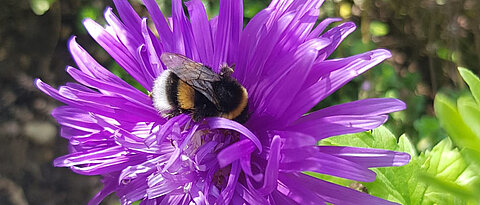
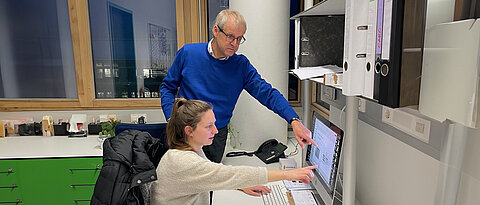
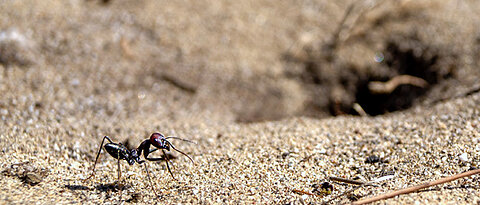
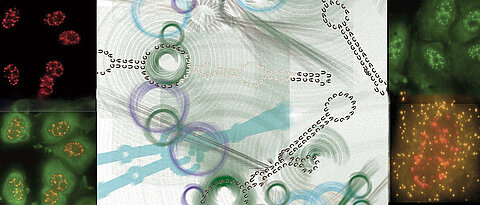
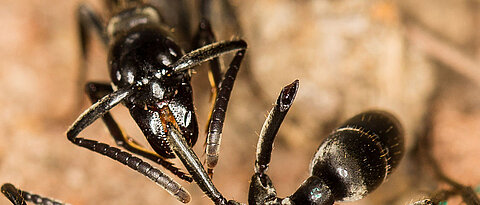
![[Translate to Englisch:] Logo Biozentrum der Universität Würzburg [Translate to Englisch:] Logo Biozentrum der Universität Würzburg](/fileadmin/_processed_/4/c/csm_logo-biocenter-480-205_8920736dd4.png)



